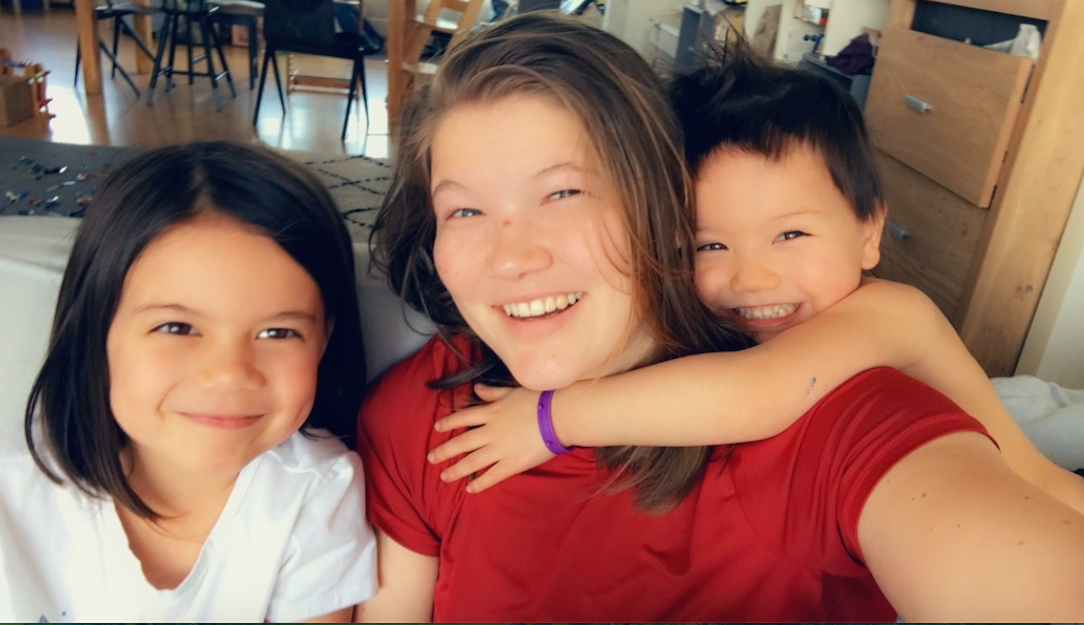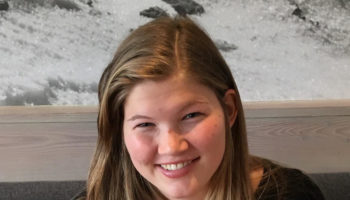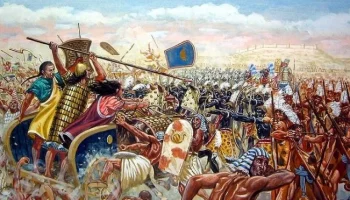COVID-19’s impact on educate. and life in Honduras
Tell us about yourself. What have you been doing and what are you working on during this COVID-19 lock-in.
I’m one of the directors of a non-profit called educate. that supports community-driven educational projects in Honduras. We’re a volunteer-run charity, with a team in Honduras and a team in Amsterdam (where I live), so we are quite used to communicating digitally, but both sides of our work are being deeply affected by everything that’s going on at the moment. Here in Amsterdam, our fundraising has had to shift because we’ve had to call off all our fundraising events, and in Honduras many people in our community have lost their whole household incomes due to the lockdown, with no government safety net to provide support. Personally, I’m spending a lot of time on the phone with people across Honduras, especially our teachers and community project leaders, as well as supporting our Amsterdam team in shifting our work online. I also work as an au pair here in Amsterdam, so I’m doing home-schooling with three little kids on the side!
In Honduras, the government has imposed a strict and total lockdown: people are allowed outside once per week in a time block decided by their ID number, but the country has a 66% poverty rate and a huge informal sector, so for many people a lockdown means no way to put food on the table. That includes several members of our team in Honduras, so we sent some emergency funds over last week.
In general, though, I am struck by the positivity and resilience in the conversations I have with our community in Honduras. I think it comes from the fact that we work with a lot of teachers, and teachers are just the kind of people who are always supporting people, always looking for ways to rally together and make things work – especially a lot of the teachers we work with, who are used to working with limited resources and in tough conditions. They are endlessly driven and dedicated to the wellbeing and education of their students. Even without internet access and in some cases even electricity, teachers are making sure their students are safe and can continue learning even with everything that is going on.
Here in Amsterdam, things are, in many ways, more straightforward. We’ve have had to call off all our fundraising events for the upcoming months, but our team has been coming up with different ways to make sure we continue to raise the necessary funds for our ongoing projects, and to support our community through this time. I feel incredibly lucky to lead a team that has been so positive in coming together to make quick and often logistically difficult changes. Our grants team have expanded, our events team are taking our whole six-month event programme online, we’ve launched an emergency crowdfunding campaign that our community has been so generous in supporting, and our schools team who usually organise school-based service learning and fundraising partnerships, are working on a postcard project using student artwork from Honduras. I’m mostly focused on coordinating everything and leading our online communications across our different platforms – making sure we continue to share what we’re doing, telling stories from our projects, finding ways to raise awareness about the situation in Honduras, and promoting our fundraising campaigns and online events.
Which aspects of your work past and present might be particularly interesting for supporters of the Shiloh Project?
At the moment, we are sharing a lot of videos on our social media channels from parents, teachers, students and project leaders from our community across Honduras, who are talking about their experiences, giving advice, and sharing some words of solidarity. For us it’s a great way not only to raise awareness about the situation in Honduras, but to strengthen our community through these shared stories on our platform.
We also have a blog that has some interesting articles on it about our work, which supporters of the Shiloh Project might find interesting.
How are you bearing up and what’s helping you most?
educate. is all about community and community leadership, so we’ve been finding ways to keep our community strong despite being physically isolated from one another. We’ve been talking with our student and teacher community across Honduras more than ever, asking people to share photos and videos about what they are up to, and making collaborative video messages to share.
One of the teachers at a school we work with in Honduras, in a small village called Las Lagunas, asked if we could make a video from our Amsterdam team for her students sharing some advice and words of encouragement, so we got all the Spanish speakers on our Amsterdam team to record a message and we put them together for the kids in Las Lagunas. We’ve had photos and videos back from several of the students and people there. So we’re really trying to stay connected, and make sure everyone knows they’re not alone in this, even though our experiences may be vastly different.






